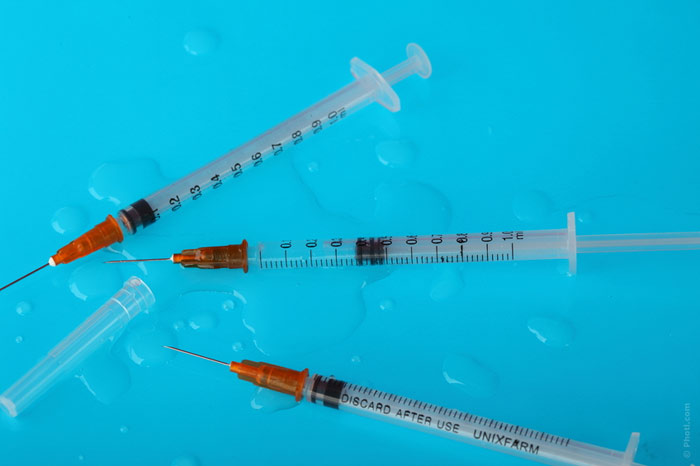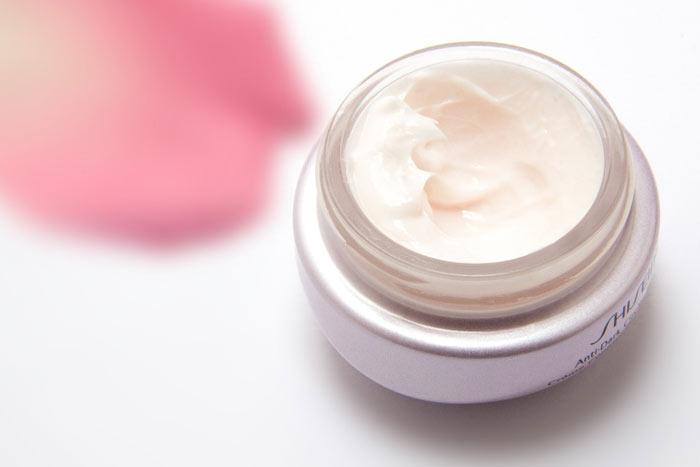In today’s world, a place where each day seems to zip by in no time at all, it is perhaps understandable that people want to live longer. Yet while pre-occupation with aging is not a new thing, neither is the search for perpetual youth. Throughout history, human beings have longed to stave off the inevitable decline that inevitably occurs by using methods ranging from herbal potions and drinking blood, to animal sacrifice and magic.

The quest to defeat the clock persists. Today’s youth seekers have traded magic for science and can now turn to one of its most newly developed branches; anti-aging technology. If you are one of the millions that are trying to resist the signs of aging, then you are aware that it’s a long, hard battle, and every cell in your body has to not only be healthy but also armed.
Tapping the Many Fountains of Youth
Most anti-aging experts believe that the signs of aging begin at the cellular level. So it follows that by improving your cellular health, you can improve your overall health; enhancing and extending your life. Though anti-aging medicine in not recognized as a mainstream specialty, it is a thriving industry and is expected to continue expanding. As it does so, it may continue to offer a wider and better range of non-invasive anti-aging therapies. Here are some of the favorites currently available.
Hormone Treatment
 The job of hormones is to stimulate and regulate your body’s organs and tissues. They are involved in just about every biological process. The current favorite anti-aging hormone is Human Growth Hormone (HGH). Though aging is not brought about by a deficiency in this hormone, anti-aging experts believe that taking supplemental HGH helps to restore lost muscle mass and to redistribute body fat. HGH is available over-the-counter in the form of tablets, oral spray, and injectable foam. Although it is proven that hormone levels decline with age, there is little evidence to suggest that HGH therapy can reduce the effects of aging. It may also increase the risk of cardiovascular disease and some forms of cancer.
The job of hormones is to stimulate and regulate your body’s organs and tissues. They are involved in just about every biological process. The current favorite anti-aging hormone is Human Growth Hormone (HGH). Though aging is not brought about by a deficiency in this hormone, anti-aging experts believe that taking supplemental HGH helps to restore lost muscle mass and to redistribute body fat. HGH is available over-the-counter in the form of tablets, oral spray, and injectable foam. Although it is proven that hormone levels decline with age, there is little evidence to suggest that HGH therapy can reduce the effects of aging. It may also increase the risk of cardiovascular disease and some forms of cancer.
DHEA (dehydroepiandrosterone) is a hormone linked to the production of testosterone and estrogen. Although little is known about how DHEA functions, it is proven that this hormone decreases with age. Claims that DHEA supplementation has anti-aging properties are unsupported by scientific research furthermore; there have been no studies on the effects of its long-term use.
Skin Products
 The skin is one of the first organs to show signs of aging. This is due to the breakdown of collagen and elastin; substances that maintain its tightness and thickness. As these deteriorate, your skin becomes thinner, it begins to sag and wrinkles begin to appear. These days, there are shelves full of anti-aging creams, lotions, and serums on the market, but most dermatologists agree that their promises to erase lines and prevent wrinkles cannot be fulfilled. This is because most anti-aging creams contain antioxidants which cannot be absorbed through the skin, such as vitamin E, or those that become unstable in contact with oxygen, such as vitamin C. The reality behind aging skin is that you can’t truly reverse it without cosmetic procedures. You can, however, protect it by resisting the temptation to over-clean it. Daily aggressive cleansing and exfoliating is harsh and unnecessary, whereas your skin will benefit from a daily broad-spectrum sunscreen to protect against sun damage.
The skin is one of the first organs to show signs of aging. This is due to the breakdown of collagen and elastin; substances that maintain its tightness and thickness. As these deteriorate, your skin becomes thinner, it begins to sag and wrinkles begin to appear. These days, there are shelves full of anti-aging creams, lotions, and serums on the market, but most dermatologists agree that their promises to erase lines and prevent wrinkles cannot be fulfilled. This is because most anti-aging creams contain antioxidants which cannot be absorbed through the skin, such as vitamin E, or those that become unstable in contact with oxygen, such as vitamin C. The reality behind aging skin is that you can’t truly reverse it without cosmetic procedures. You can, however, protect it by resisting the temptation to over-clean it. Daily aggressive cleansing and exfoliating is harsh and unnecessary, whereas your skin will benefit from a daily broad-spectrum sunscreen to protect against sun damage.
Cosmetic Surgery
 You don’t have to have extensive surgery and spend thousands of dollars to make your face look five years younger. These days you can have a minilift. It has quickly become the most common type of facelift surgery. It’s used to correct wrinkles and sagging on the lower third of the face and restore a youthful look by making small incisions around the ears and jawline.
You don’t have to have extensive surgery and spend thousands of dollars to make your face look five years younger. These days you can have a minilift. It has quickly become the most common type of facelift surgery. It’s used to correct wrinkles and sagging on the lower third of the face and restore a youthful look by making small incisions around the ears and jawline.
A Taste of Things to Come
Anti-aging technologies still have a long way to go, but scientists are already researching new techniques. In the future, anti-aging physicians may have the ability to clone specific subgroups of your stem cells. This new technology would be the first step on the road to selectively growing and restoring organs damaged by disease or aging. Another new technology destined to affect the aging process is gene therapy. DNA transfer techniques may one day enable physicians to impact key enzymes and antioxidant systems, to heal or completely avert free-radical damage. Whichever way anti-aging technology takes us, one thing is certain, it’s here to stay.
Jake Thomson runs a beauty salon and he likes to help people feel confident about their looks. You can find his articles on a variety of health and beauty websites.










